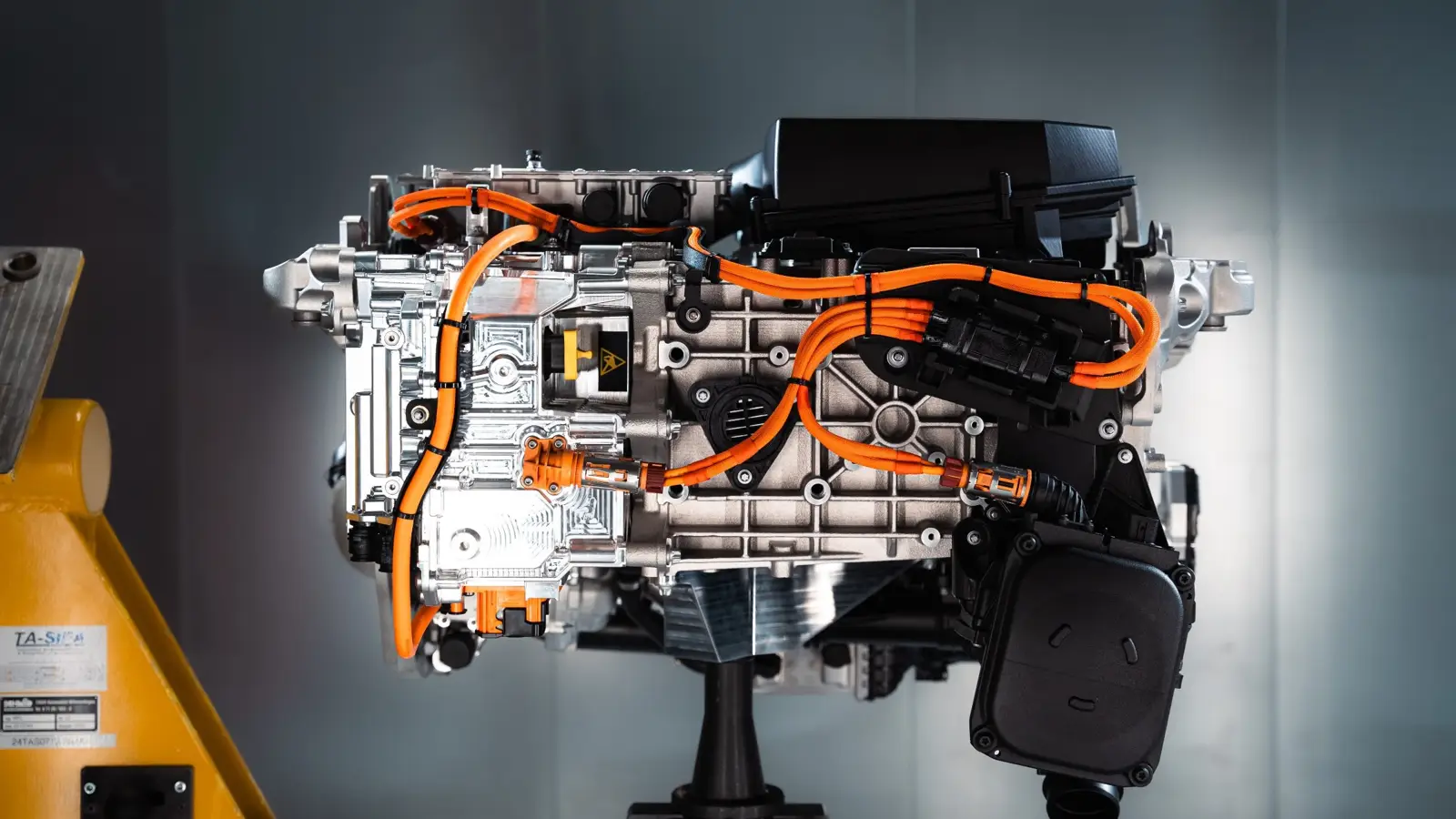BMW hydrogen fuel cell series production starting in 2028

BMW to start series production of hydrogen fuel cell systems in 2028, with Steyr and Landshut plants playing key roles in manufacturing and development.
The BMW Group is preparing for one of its boldest moves in recent years: the series production of hydrogen fuel cell vehicles. In 2028, the company plans to begin large-scale manufacturing at its Steyr plant, where the third generation of BMW’s hydrogen system will be built. Prototypes are already being developed at the competence centers in Munich and Austria.
The journey began back in 2014, when BMW first installed a Toyota fuel cell in a 535iA. The second stage came with the iX5 Hydrogen pilot fleet, limited to fewer than 100 cars, where BMW took over system integration. Now comes the third chapter: a new system co-developed with Toyota, designed to be more compact, more efficient, and easier to integrate into future vehicle architectures. Official materials highlight a roughly 25% reduction in size alongside higher power density.
Production will be spread across several sites. In Munich, prototypes are being built and processes for industrial scaling are tested. Steyr will handle the full-scale production of the fuel cell systems, adding to its existing expertise in electric drivetrains. Landshut will manufacture key components, including the new BMW Energy Master, a control unit managing power between 400 and 800 volts. The first prototypes of this unit are expected in 2026.
The partnership with Toyota remains central. Both companies continue to share core technology, making it viable for passenger and commercial vehicles alike. BMW takes responsibility for the overall system design and integration, while Toyota contributes individual fuel cells.
Yet the wider challenge lies in infrastructure. Under the EU’s AFIR regulation, hydrogen refueling stations must be available in every major transport node and every 200 km along the TEN-T network by 2030. At present, the network is modest, with fewer than 300 stations across Europe and just over 100 in Germany. This means BMW’s 2028 launch will coincide with an infrastructure still under construction.
Globally, BMW enters a market where Toyota’s Mirai, Hyundai’s new-generation Nexo, and Honda’s CR-V e:FCEV are already present. However, the segment remains small: by the end of 2023, the global fleet of hydrogen vehicles was under 90,000, and 2024 even saw sales decline in some regions.
For Austria and Germany, the project also carries significant economic weight. Steyr is set to receive more than €1 billion in investments by 2030 to expand capacity, while Landshut is preparing to add hundreds of new jobs as the Energy Master project scales up.
With the series launch scheduled for 2028, BMW is positioning itself at the crossroads of innovation and uncertainty. Success will depend not only on the company’s ability to deliver on its technological promises but also on whether Europe’s infrastructure can keep pace.
Mark Havelin
2025, Sep 03 20:33


